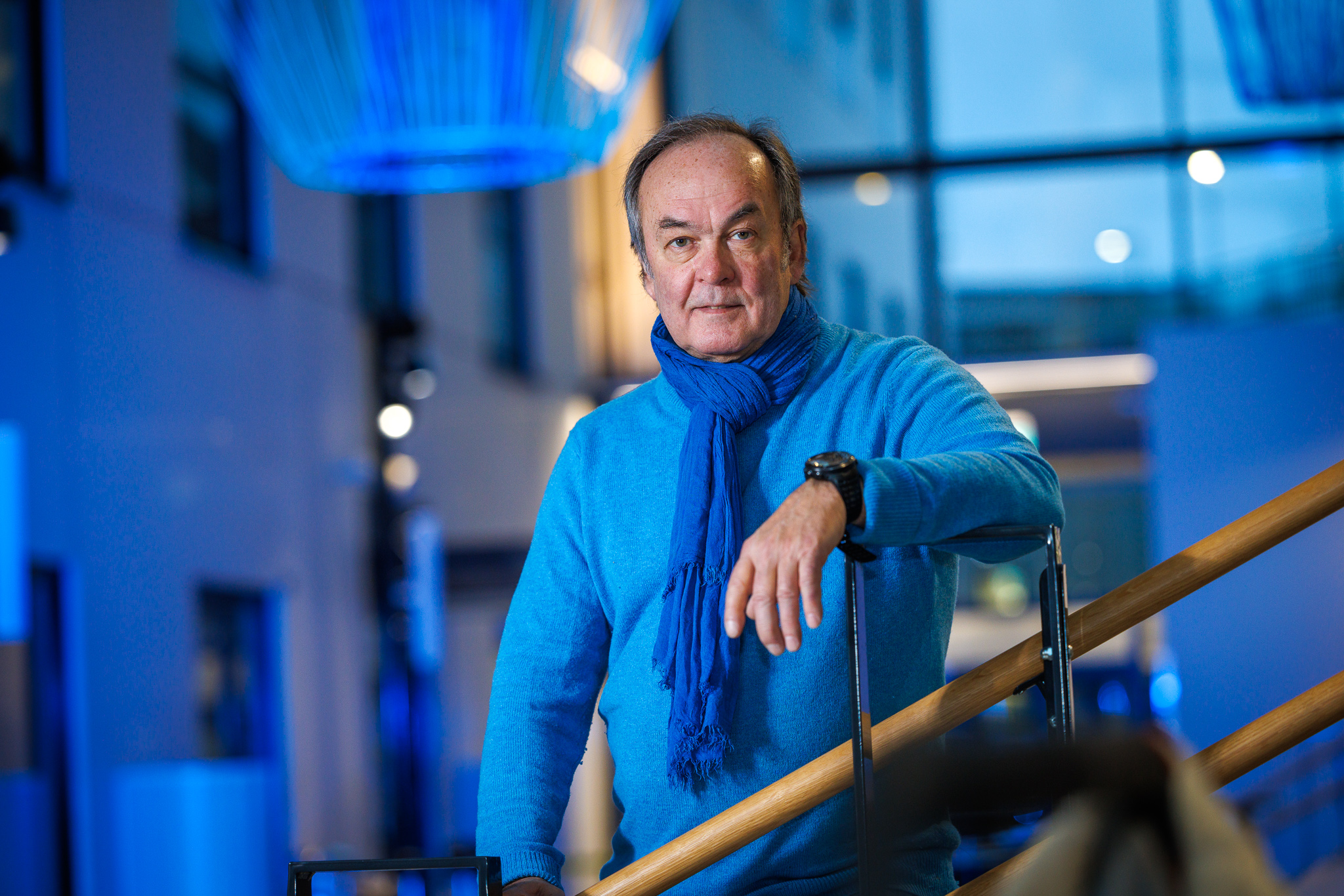Profile

Hasse Karlsson
Professor
In 2010, Hasse ksrlsson established the most comprehensive birth cohort to date, in order to study child brain developmental trajectories, long-term health effects of early stress exposure, and related biological mechanisms. The baseline database of N=3808 families (nearly 11,000 individuals) was collected between 2011 and 2015. This cohort data is used in Initialise to identify early determinants of illness processes. So far, we have performed repeated assessments of the child (multimodal brain imaging, collected health data and biological samples (e.g., blood and hair cortisol), as well as repeated neuropsychological assessments during infancy, and early childhood. We also have collected biological samples and health data from both parents during pregnancy. We already have previously shown that maternal stress during pregnancy affects child brain development (amygdala volume), immune function (infections, allergy), cortisol reactivity and recovery, as well as child neuropsychological development (temperament, emotional attention) in many ways, but the mechanisms are still unknown. Many of these changes are sexually dimorphic, and the long-term implications are still open. There are currently more than 200 researchers and 45 PhD students working in the Cohort currently. Hasse Karlsson is am deeply committed to continue research utilizing this cohort.

